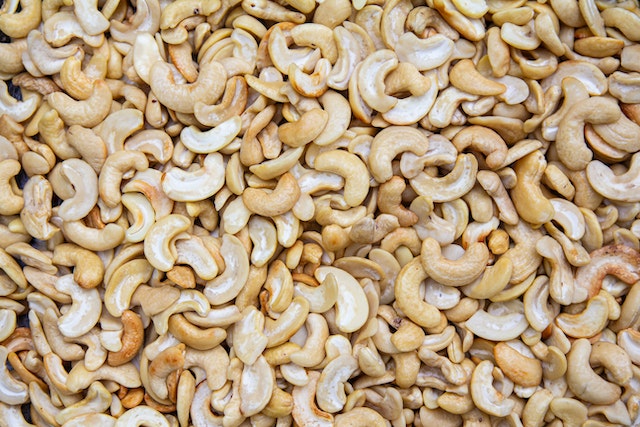Many Americans struggle with high cholesterol, which puts them at risk for atherosclerosis, stroke or heart attack. Sometimes high cholesterol is due to eating the wrong foods, and sometimes it’s genetic, also known as “familial hypercholesterolemia”. Only 1/500 people have the familial form, so most often diet is to blame. Fortunately, an abundance of research shows that lifestyle and dietary adjustments can effectively control cholesterol and prevent cardiovascular disease, especially when combined with moderate, regular exercise.
If you’re interested in making lifestyle changes that will help lower cholesterol and prevent cardiovascular disease, I always suggest starting with the basics. Food is the foundation of our daily health, so my recommendation is to eat a whole food-based diet, packed with plenty of colorful vegetables, fruits, nuts, whole grains and legumes. If you want. you can still eat meat, as long as it’s in small portions and isn’t fried, plus you can experiment with meat substitutes like tofu and tempeh.
When planning your heart healthy diet, keep in mind that not all fats are “bad” and fat shouldn’t be eliminated entirely. In fact, there are certain types of fats which most Americans need more of, such as omega 3 fatty acids, which are best sourced from salmon and sardines. Other super- healthy, but naturally high-fat foods to add to a heart healthy diet include avocadoes, nuts, seeds, and coconut. Today I’d like to discuss the health benefits of nuts and a new research study about cashews.
Nuts, specifically “tree nuts” (which excludes peanuts) are indeed high in fat, but it’s the healthy, unsaturated kind of fat. Each nut offers its own specific benefits, but as a general rule, they are all high in healthy fats, fiber, sterols, vitamins, and minerals. Raw nuts offer the best health benefits, especially those without extra added salt. You can be creative and add nuts to a salad, a casserole, a stir fry, or simply use a nut spread on whole grain toast. If you’re hungry in-between meals, nuts are an excellent substitute for a simple carbohydrate or high sugar snack. They taste great, are filling and don’t cause a spike in blood sugar levels. Seeds such as pumpkin seed and sunflower seeds also offer similar benefits.
A recent published study examined the health benefits of cashews. As the study mentions, this is notable because although cashews are the third most-consumed nuts in the US, they are rarely recommended as an option to lower cholesterol. This is because they have higher levels of a saturated fat called stearic acid, so don’t meet the FDA definition of a heart-healthy nut. However, the reality is that stearic acid doesn’t actually raise cholesterol, so maybe cashews have been dismissed too quickly?
This new research study helps support the theory that cashews really do fit in with other heart healthy nuts. In this study, the men and women who participated added cashews to their regular diet for 28 days, and tested their LDL, HDL and total cholesterol before and after that time frame. In the second part of the test, they replaced the cashews with potato chips for another 28 days and ran the same tests. It was found that the cashews significantly improved LDL and total cholesterol levels after just 28 days. There were no significant differences in HDL and triglycerides for either cashews or potato chips.
It’s doubtful that nuts can single-handedly normalize high cholesterol levels; but they certainly can be an important part of a healthy diet and regular exercise program.
If you are interested in learning about your metabolism how many calories you should have daily to lose or maintain weight contact us by going to home page and filling out and submitting the form at the bottom of the page!
REFERENCE:
Am J Clin Nutr. 2017 May;105(5):1070-1078. doi: 10.3945/ajcn.116.150037. Epub 2017 Mar 29

